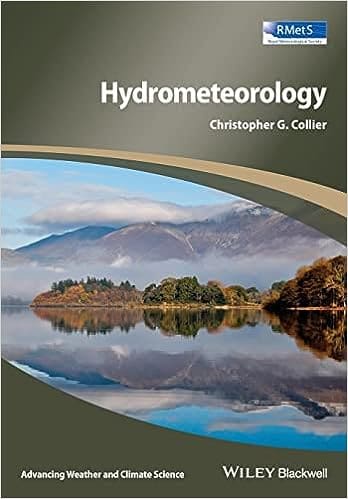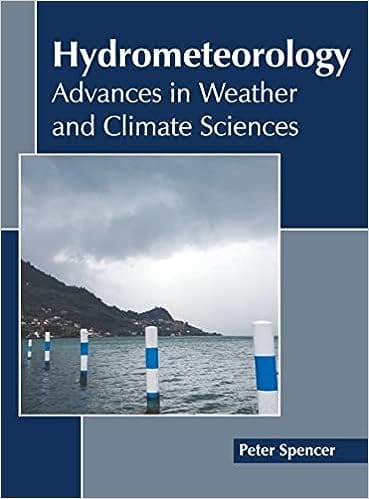Definition
Hydrometeorology is the study of the transfer of water and energy between the land surface and the lower atmosphere.
Expanded Explanation
Hydrometeorology is an interdisciplinary field that combines aspects of meteorology and hydrology. It aims to understand and predict the distribution, movement, and properties of water within the atmospheric and terrestrial phases of the hydrologic cycle.
Importance
Hydrometeorology is critical for understanding climate patterns, predicting weather, managing water resources, and mitigating natural disasters like floods and droughts.
Context and Usage
In practical terms, hydrometeorologists use data about atmospheric moisture, precipitation, and the status of surface waters to feed into models that predict weather patterns and water availability.
Examples
- Example 1: Hydrometeorologists may study rainfall patterns to predict potential flooding in a specific region.
- Example 2: In drought management, hydrometeorology can help in understanding when and where rainfall deficits may occur.
Understanding Hydrometeorology
A common misconception is that hydrometeorology only involves the study of water-related weather phenomena. However, it also includes the study of the interaction of water with the land surface and the lower atmosphere.
Related Glossary Terms
- Meteorology: Meteorology is the scientific study of the atmosphere and weather conditions. It forms a base for the understanding of hydrometeorology.
- Hydrology: Hydrology is the study of the distribution, movement, and properties of water on Earth, which is a key component of hydrometeorology.
Visual and Reading Aids
External Resources for Further Reading
Related Articles
- Predicting Weather: The Role of Hydrometeorology
- Understanding Floods: A Hydrometeorological Perspective
Understanding the term ‘hydrometeorology’ is essential for those interested in weather forecasting, water resource management, or environmental science.

